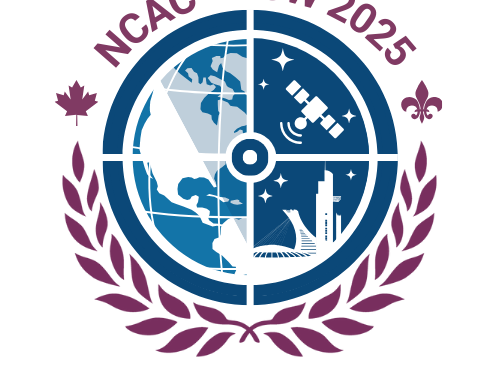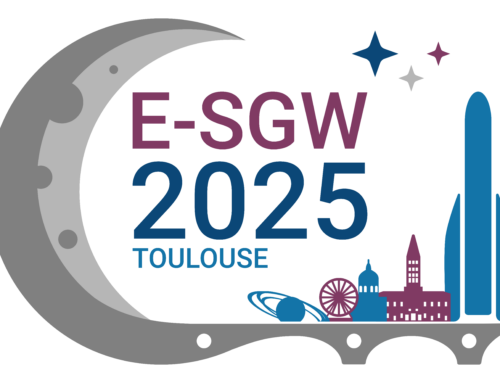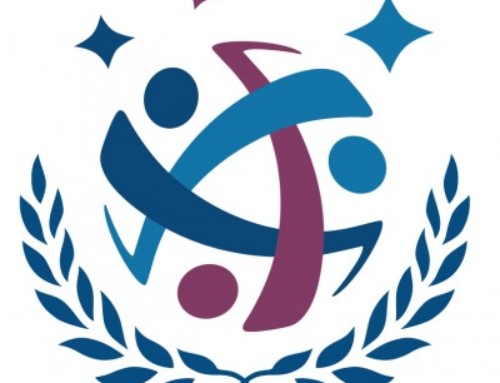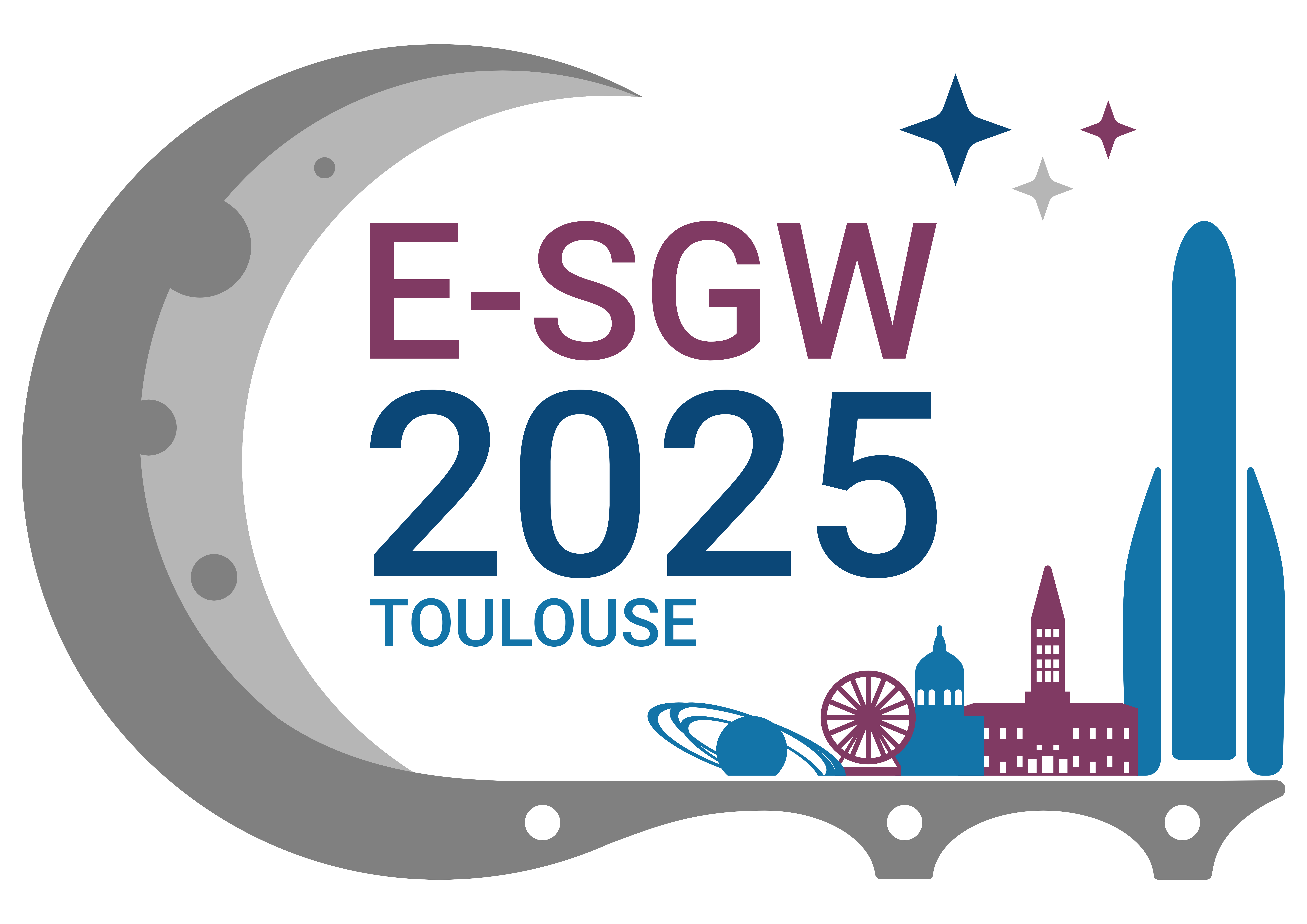One of the ways in which SGAC empowers its young professional and student members is by facilitating access to the world’s major space conferences. SGAC is delighted to announce the winners of the second Global Rising Star Award given to individuals that showed outstanding engagement in space activities in their local communities.
The Global Rising Star Award will bring six outstanding SGAC members to Milan, Italy to participate in the 22nd Space Generation Congress (SGC): 10-12 October 2024 and the 75th International Astronautical Congress (IAC): 14-18 October 2024
We would like to emphasise that this year we received a large volume of high-quality applications and that the selection process was difficult to narrow down to only six candidates. However, we are honoured by the opportunity to recognise the work of our volunteer members to further SGAC’s efforts in their respective regions.
Kaylee Li (Australia)
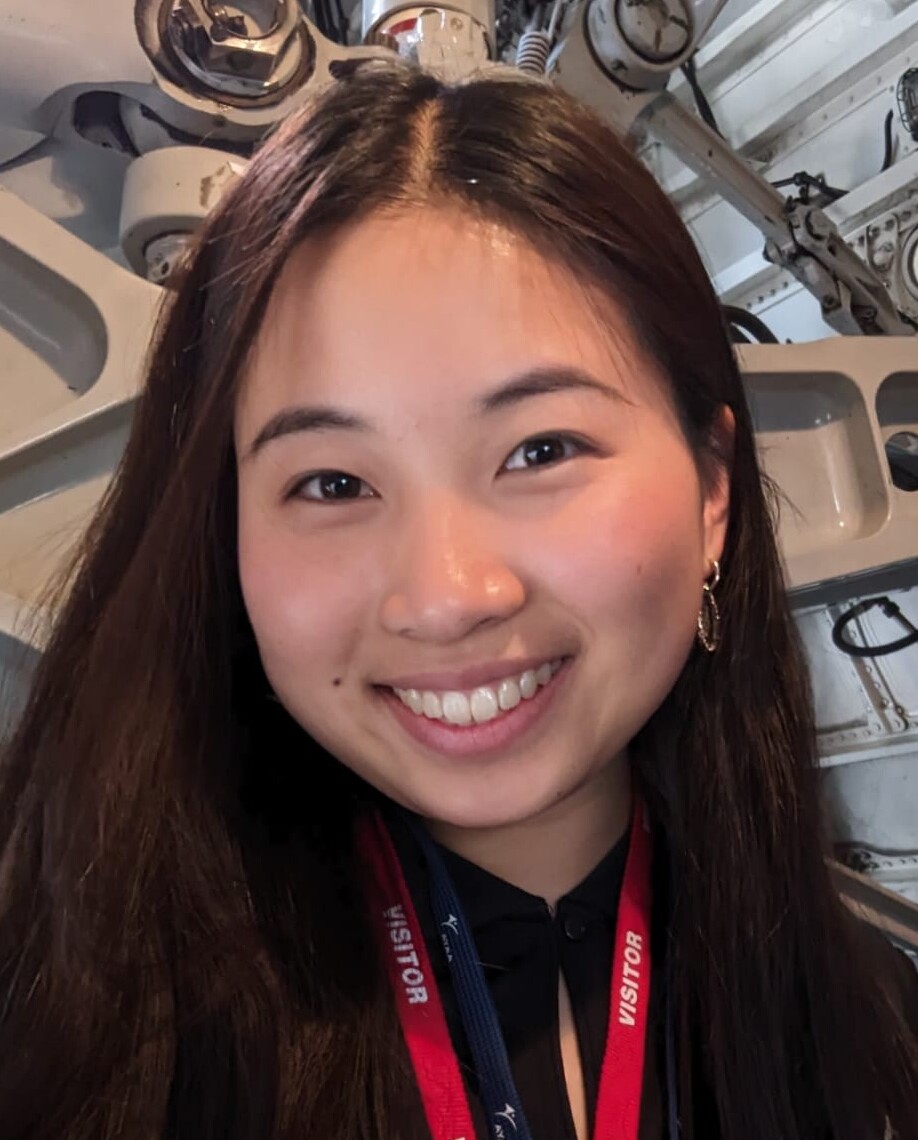
Kaylee Li is the Founder & Project Lead at Sydney Interplanetary Rover Initiative (SIRI), SGAC Asia-Pacific Regional Executive Secretary, and Space Generation Congress Deputy Lead for PR & Comms. She has been active in the space industry since her first year of university, working at Optus Satellite and Space System and now at LEAP Australia. She has also volunteered as Co-President for Sydney Women in Aerospace Engineering, Sponsorship Director at USYD Rocketry, and has contributed to larger organisations including Engineers Australia, the Australian Youth Aerospace Association, and many others. Her presence and positive influence in the Australian Space industry have inspired many future students. As a 20-years-old Aerospace Engineering student at the University of Sydney, Kaylee envisions a sustainable, diverse, and thriving space industry for the next generation. She is currently part of the IAC 2025 Consultation (IACC) group, supporting the organisation of IAC 2025 in Sydney. At SIRI, she leads a team of 70+ passionate students through Model-Based Systems Engineering to develop a multipurpose modular rover capable of undertaking missions on both Lunar and Martian terrain, as well as science missions. In 2022-2023, she made an immediate impact at Optus as a knowledgeable, enthusiastic and capable project team member who adapted well to the relentless pace and scale of what was a multi billion-dollar proposal for an end-to-end military geostationary SATCOM system.
“It is my absolute honour to be one of the recipients of the SGAC Global Rising Stars Award 2024. I am truly grateful to be part of this amazing and talented global community of students and young professionals who are passionate about space. I’d also like to thank everyone who’ve supported me since the beginning of this “journey to space”!”
Alexander Hope Ferdinand Ferguson (Ghana)
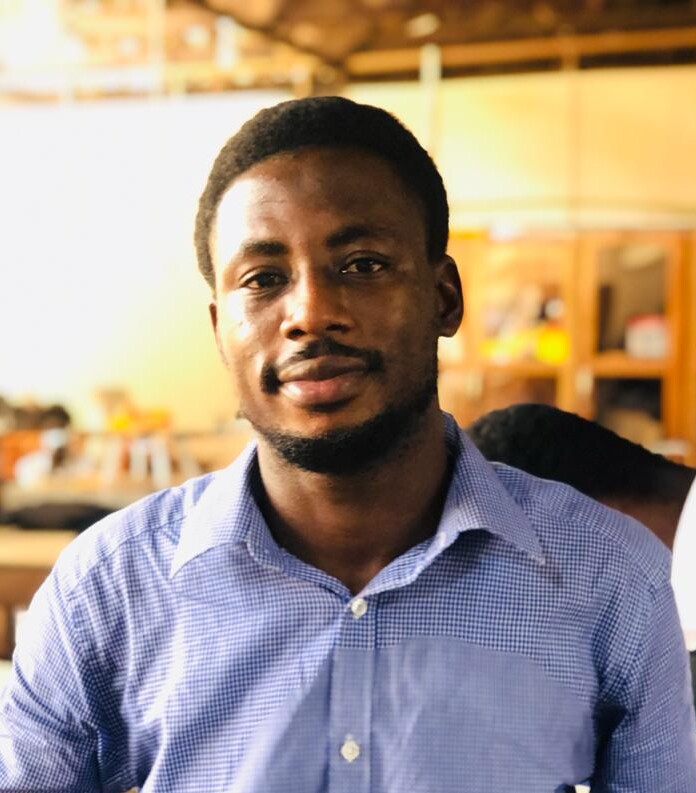
Alexander Hope Ferdinand Ferguson is a final year Aerospace Engineering student at Kwame Nkrumah University of Science and Technology in Ghana and an Incoming Master’s in Aerospace Engineering student at Saint Louis University,Missouri for Fall 2024. He has been actively involved in the SGAC Diversity and Gender Equality and NEO Project Groups contributing to various research projects. He is currently interning at Blue Marble Space Institute of Science as a Research Associate through the Young Scientist Program where he works under Dr Jacob Haqq-Misra in analyzing sovereignty issues for future Mars settlements.
He also attended the 2024 Space Generation Fusion Forum as a Virtual participants contributing to responsible use of Outer Space discussions.
Alexander also volunteers as a STEM facilitator for less endowed basic schools during summer holidays.
“I am thrilled and honored to be selected as a recipient of the scholarship. This opportunity to engage with and learn from global leaders in the space industry is invaluable. I look forward to making a positive impact and contributing to discussions that will help shape the future of space exploration.”
Maya Nasr (Lebanon/US)
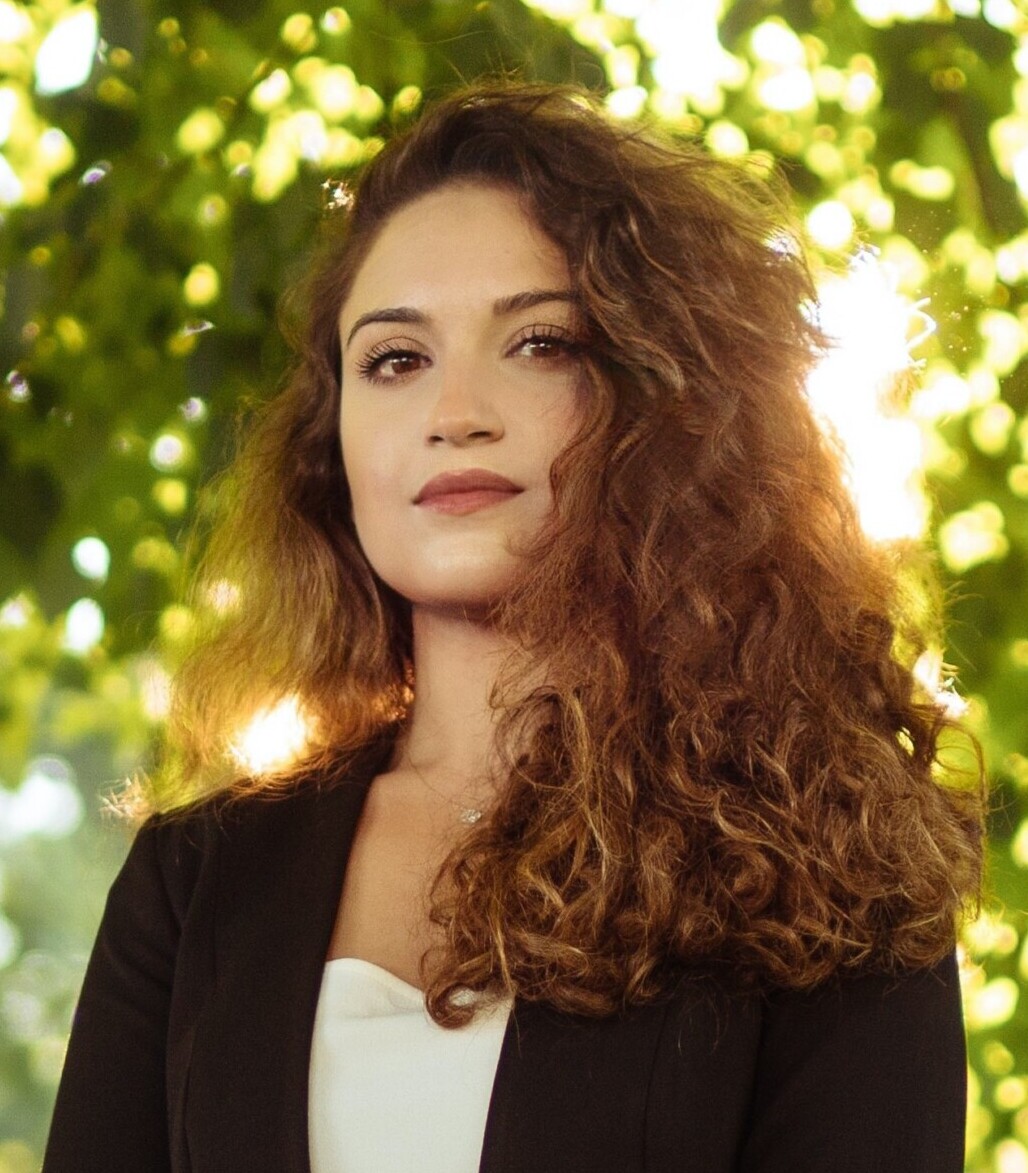
Dr. Maya Nasr is a remote sensing scientist at the Environmental Defense Fund (EDF) and Harvard University, focusing on the mission planning for in-orbit calibrations and the development of machine learning models for the MethaneSAT project, with expertise in spacecraft operations, engineering systems, technology strategy, and space law and policy. She holds Bachelor’s, Master’s, and PhD degrees in Aerospace Engineering from MIT. Maya is passionate about increasing global representation and access in the space sector and raising awareness about nationality-based discrimination. She is the project lead and co-founder of HUMANS, an ISS and Lunar symbolic avenue for space access worldwide. She also served as co-lead of the Space Law & Policy Project Group at SGAC. Maya is experienced in several space projects, including MOXIE for NASA’s Mars 2020 Perseverance rover mission, Cassini’s mission activity on Titan, and the OneWeb satellites network.
“I am honored to have been selected for the SGAC Global Rising Stars Award! I’m very fortunate to have been part of the incredible SGAC community for several years now, and I’m really looking forward to integrating STEM, policy, ethics, and art into discussions at IAC and SGG to push for using space for inclusive, global, people-centric impact on Earth.”
Mauro Franqueira (Portugal/US)
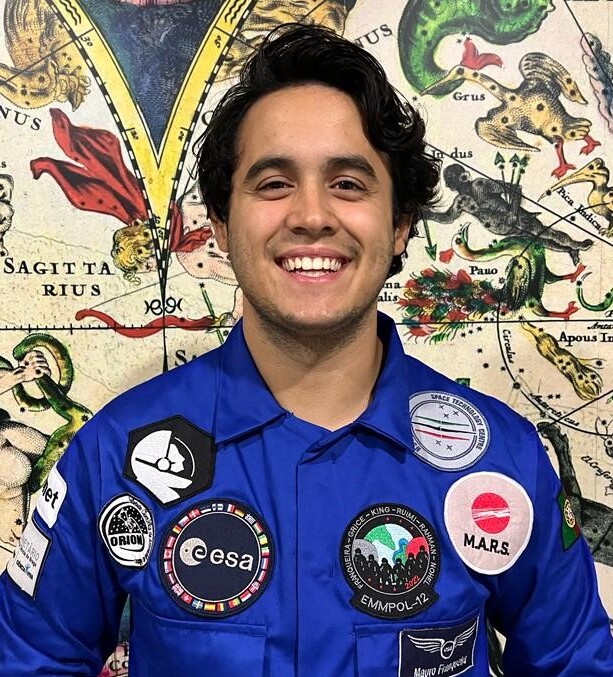
Mauro Barbosa Franqueira is a distinguished aerospace engineer and a current PhD student at the University of Florida, supported by a Fulbright Scholarship. He holds an MSc in Space Engineering from Politecnico di Milano and has completed the Space Studies Program at the International Space University. Mauro’s research focuses on Advanced Guidance, Navigation, Control, and Autonomy (GNCA) space applications, with a primary interest in Rendezvous, Proximity Operations, as well as trajectory optimization and space mission planning.
Mauro’s has gained extensive experience through multiple internships at prominent aerospace companies, he developed MATLAB/Python codes for calculating satellite lifetimes and orbital transfer simulations, contributing to space debris management and his commitment to space exploration is highlighted by his experience as an Analogue Astronaut at the Analog Astronaut Training Center in Poland, where he designed a bioreactor for extreme environments and developed an Arduino robot arm for rover control. His research contributions also include work as an Undergraduate Research Assistant at AVAILAB, Coventry University, focusing on optimization techniques and autonomous aerospace vehicle systems. At the International Space University, he collaborated on for a mission concept to Enceladus, involving orbiter and lander spacecraft to study the possiblity of having life.
His achievements include scholarships from the European Space Agency and the Portuguese Space Agency, and a Grand Award at the Intel International Science and Engineering Fair. As a Fulbright and SGAC Scholar, Mauro aims to further his research in aerospace engineering, contributing innovative solutions to the field and fostering international collaboration.
“As a SGAC Global Rising Star Award winner, I am dedicated to advancing aerospace engineering through innovative research and international collaboration. Attending the 22nd Space Generation Congress and the 75th International Astronautical Congress, I aim to push the boundaries of space exploration and unlock new possibilities for the future of space.”
Sheida Goudarzi (Iran)
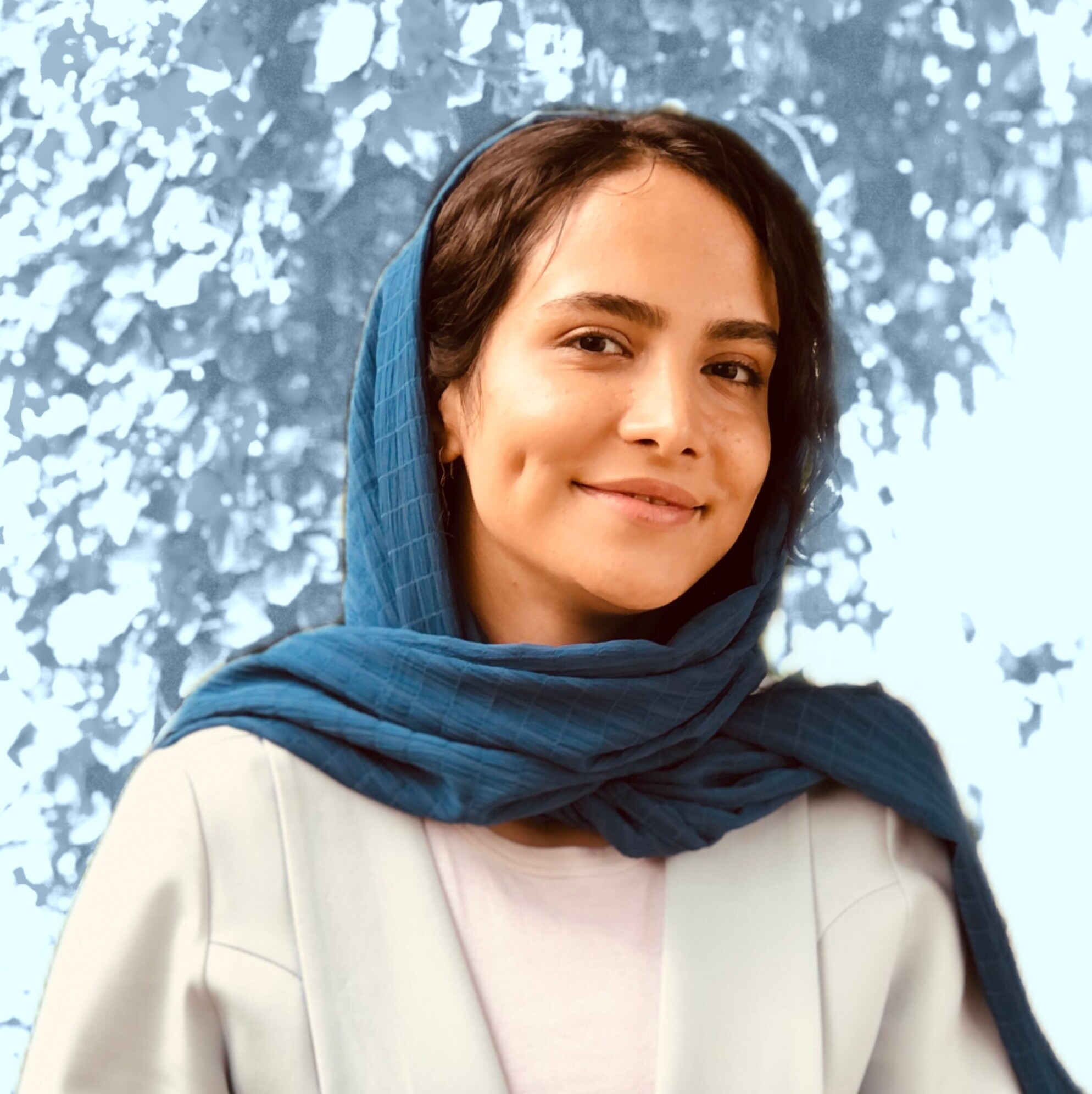
Sheida Goudarzi is an industrial engineering student with a deep interest for space exploration. With her multifaceted achievements and unwavering passion for space exploration, Sheida is poised to make significant contributions to the industry as she continues to grow and develop her skills as an industrial engineer.
After gaining valuable experience in the fields of supply chain management and digital marketing, Sheida found his place in the world of space exploration. She is currently working as the editor of a space news agency.
She is also a member of SGAC’s Human Resourses Team and is actively involved in SGAC’s Space Exploration Project Group. In this capacity, she is involved in a joint project with the Luxembourg Space Agency called “Lunex Prosper” that is a blueprint for a sustainable human presence on the Moon. It will be presented at the IAC 2024. Sheida’s academic activities have led her to working on a paper entitled “Evaluation of Different Cement Mortars for Construction on the Moon Using Multi-Criteria Decision Making”. In addition, she has taken on the role of a citizen scientist, contributing to projects such as the International Astronomical Search Collaboration and Cloudspotting on Mars from ZOONIVERSE. She also led her participating team in NASA’s Space Apps Challenge 2023. She has played the role of exhibitor, presenter and organizer in various events and exhibitions in the field of space explorations.
“I am truly honored to be awarded the SGAC Global Rising Star for 2024. I am grateful for the opportunities that have allowed me to attend the SGC and IAC. This award inspires me to working hard in order to have a effective role in the space sector and its progress.”
George Steve Fajardo Soria (Peru)
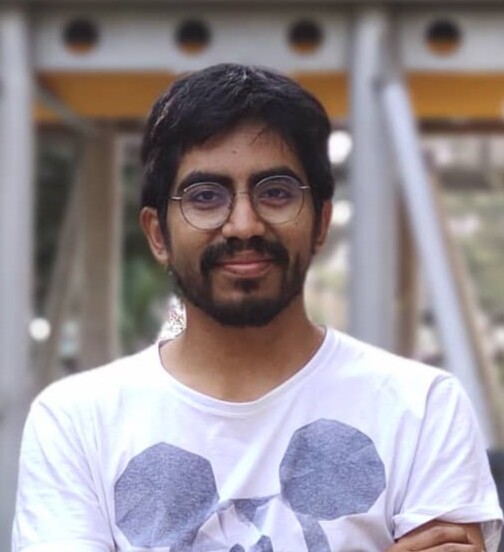
George Fajardo holds a bachelor’s degree in Mechatronics Engineering and is currently working as a research assistant at the Peruvian Space Agency (CONIDA). His passion for aerospace began in childhood but was truly ignited when he won a scholarship for a semester at UNAM in Mexico, where he worked on suborbital flight projects. Upon returning to Peru, he co-founded the AIDA group and developed motion planning algorithms for the WANKA stratospheric balloon project, which now contributes to NASA’s high-altitude student platform (HASP) in its fourth generation.
During this time, George has also received training in satellite technology programs at universities such as Samara University’s Aerospace University in Russia and Shanghai Jiao Tong University in China. George completed an internship at the Jicamarca Radio Observatory (JRO), where he participated in the team that won the Telemetry Award in the NASA Human Exploration Rover Challenge. This project is now also in its fourth generation, having won different awards three times. Later, as a research assistant at the Jicamarca Radio Observatory, he investigated how space weather affects satellite navigation systems (GNSS).
Currently, at CONIDA, he is developing the attitude control subsystem for the KillaSAT nanosatellite, where he contributes to the satellite development program in Peru and proposes various programs such as stratospheric balloons.
“From time to time, I often wonder if space is for everyone, and in moments like this, I dream that it is. Thank you very much for the award; I am deeply grateful and it is a great honor to receive the SGAC Global Rising Star Award. It inspires me to keep working.”

